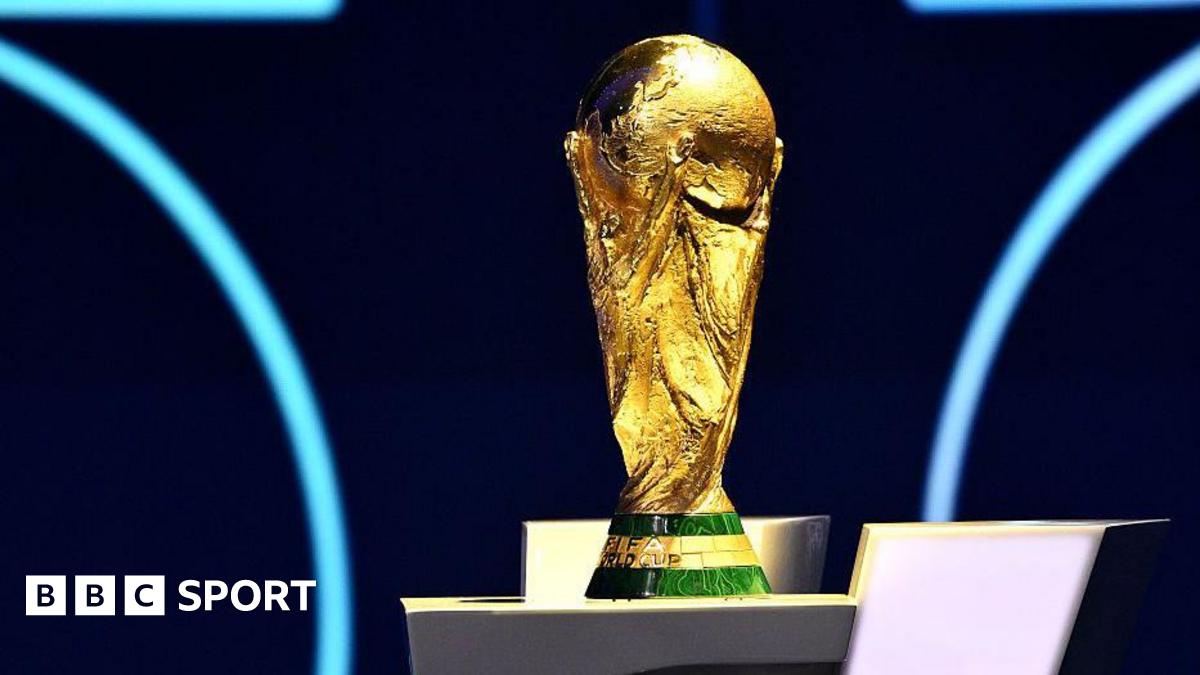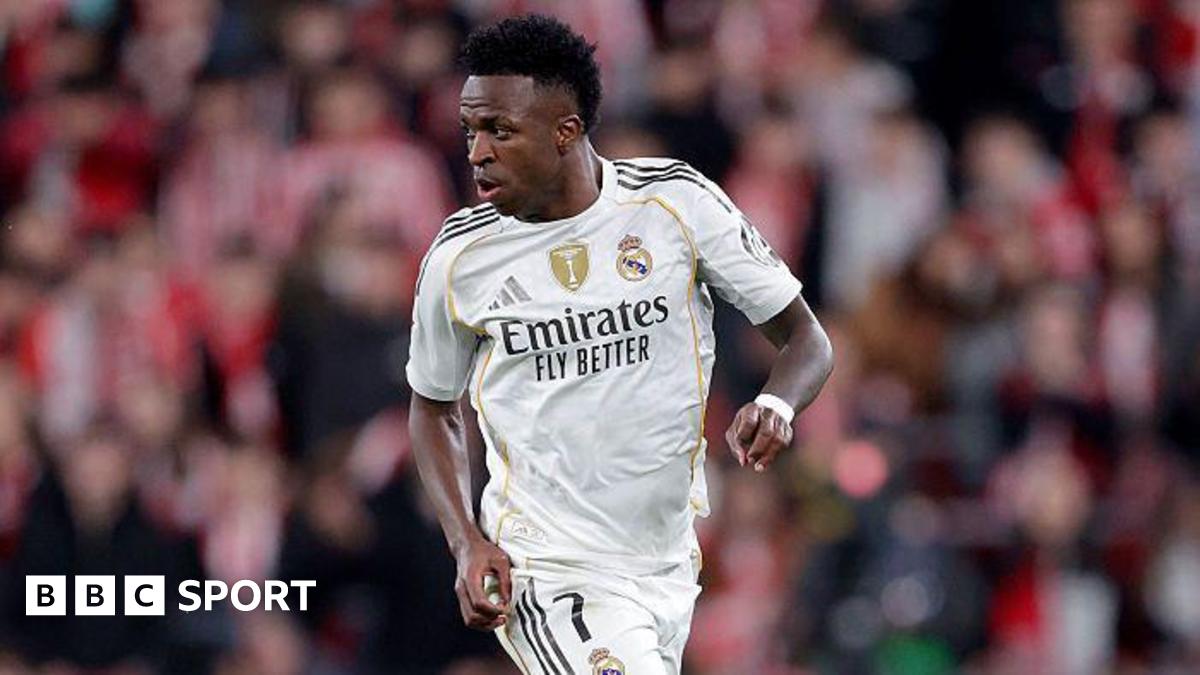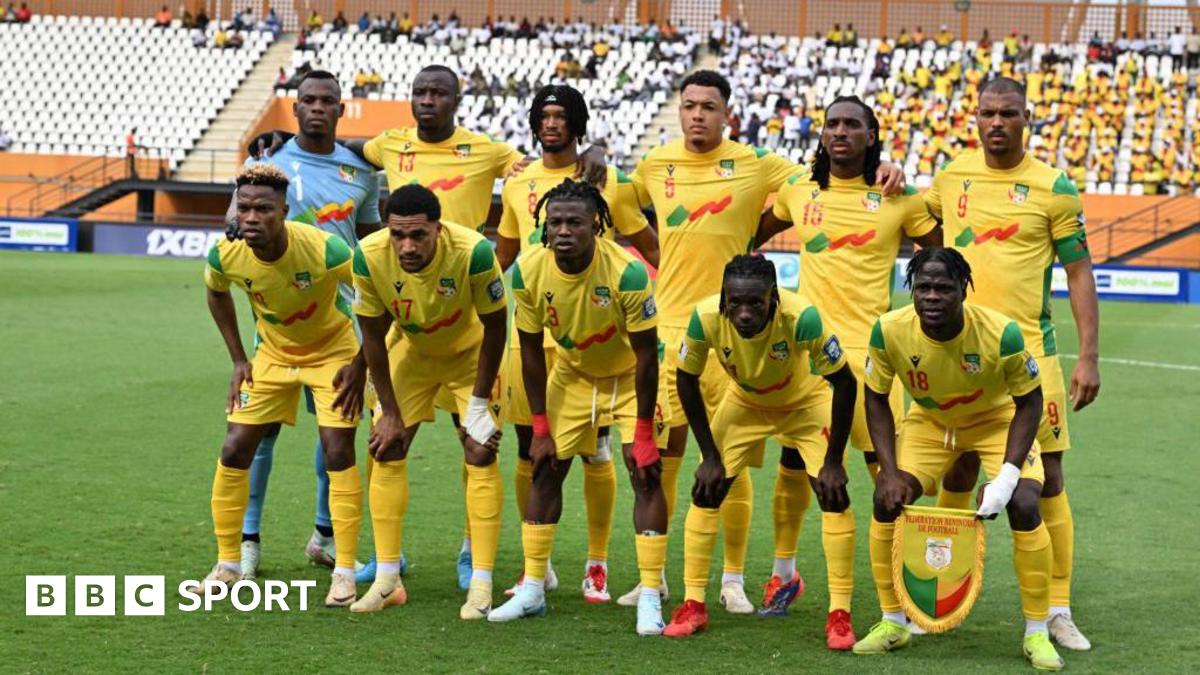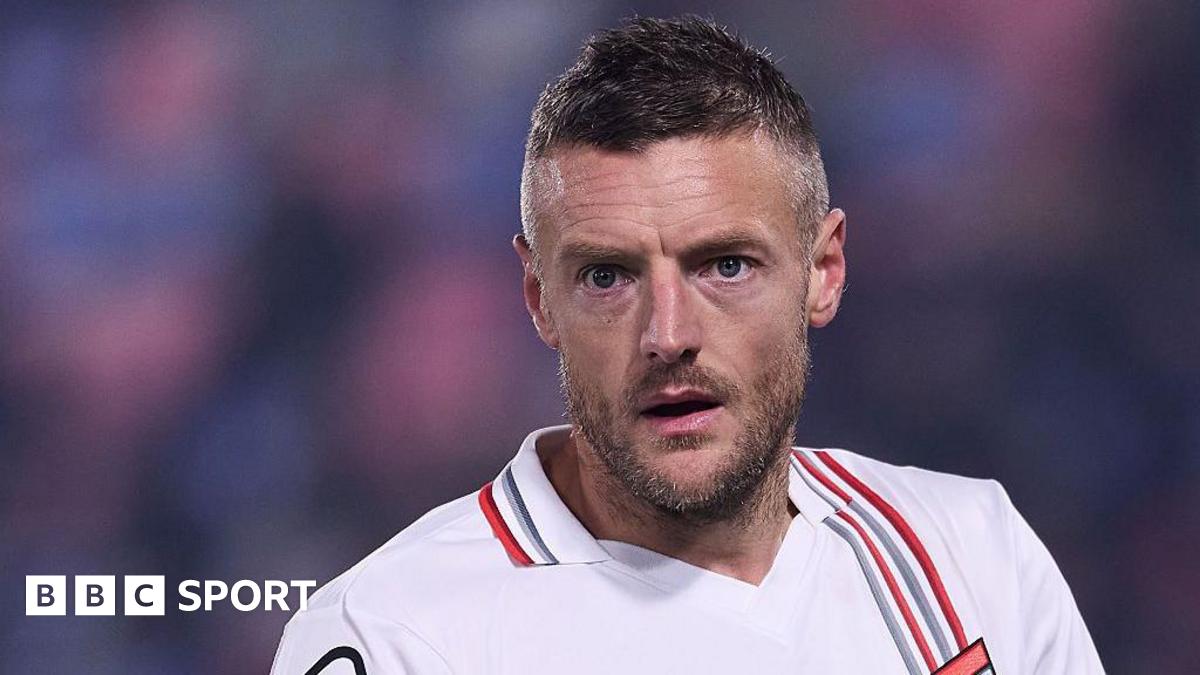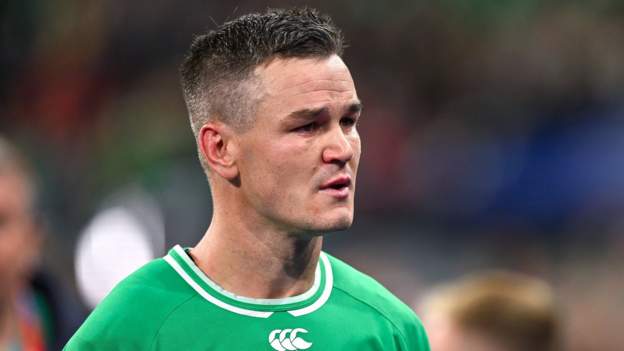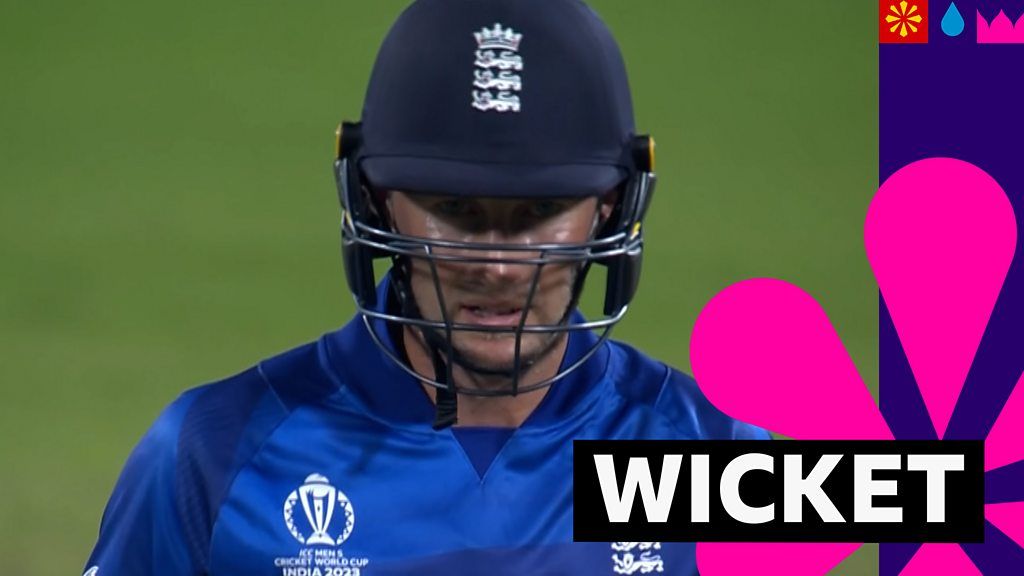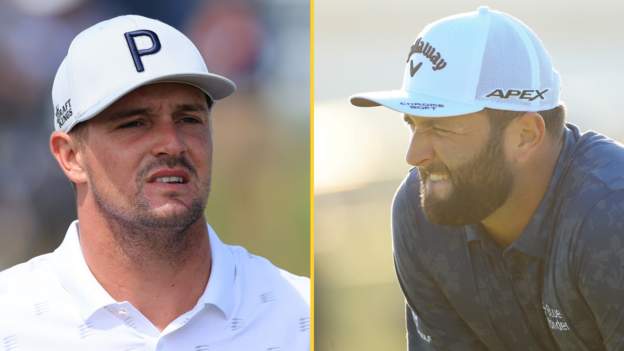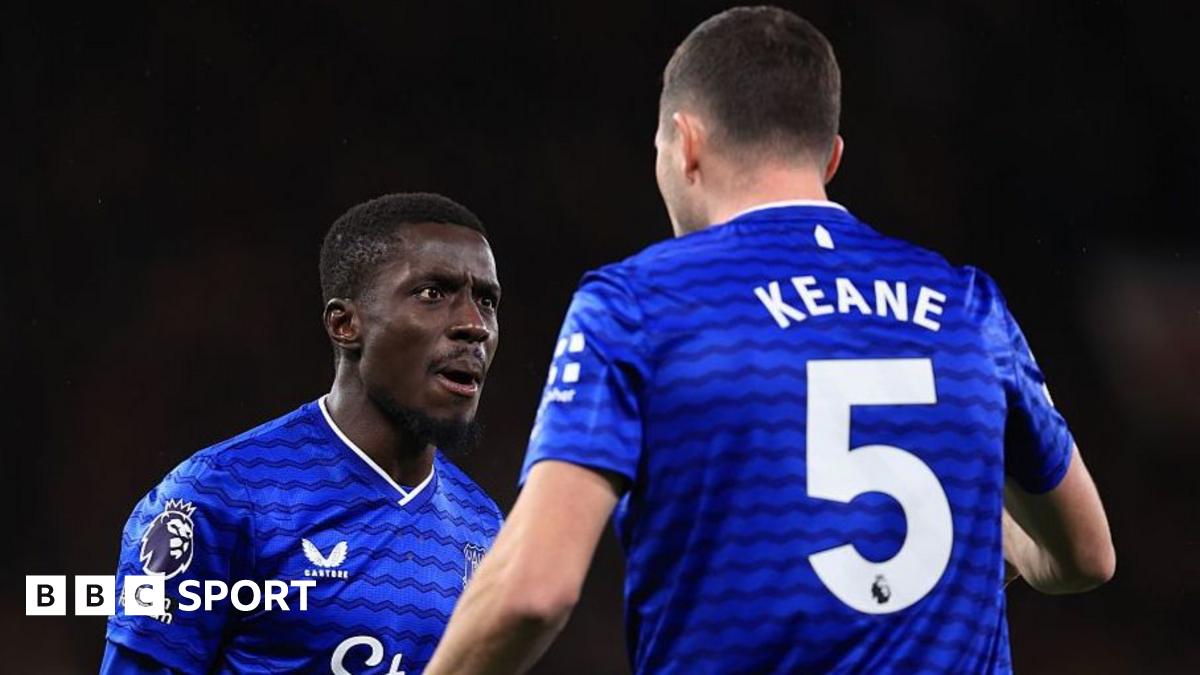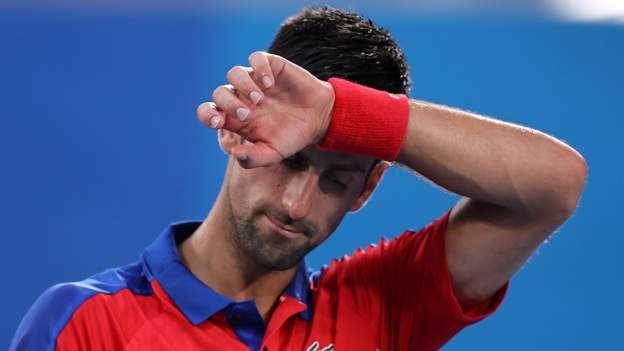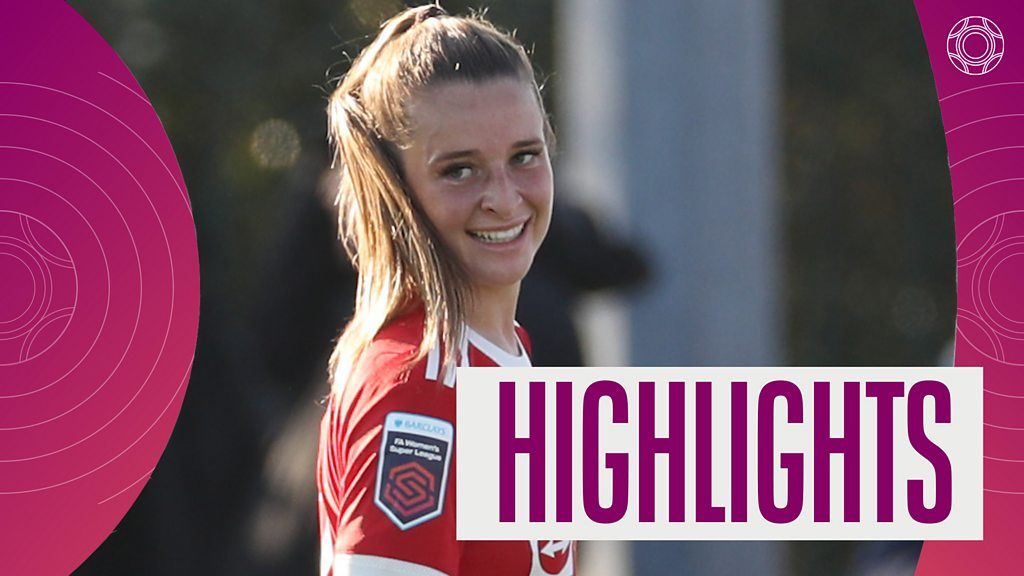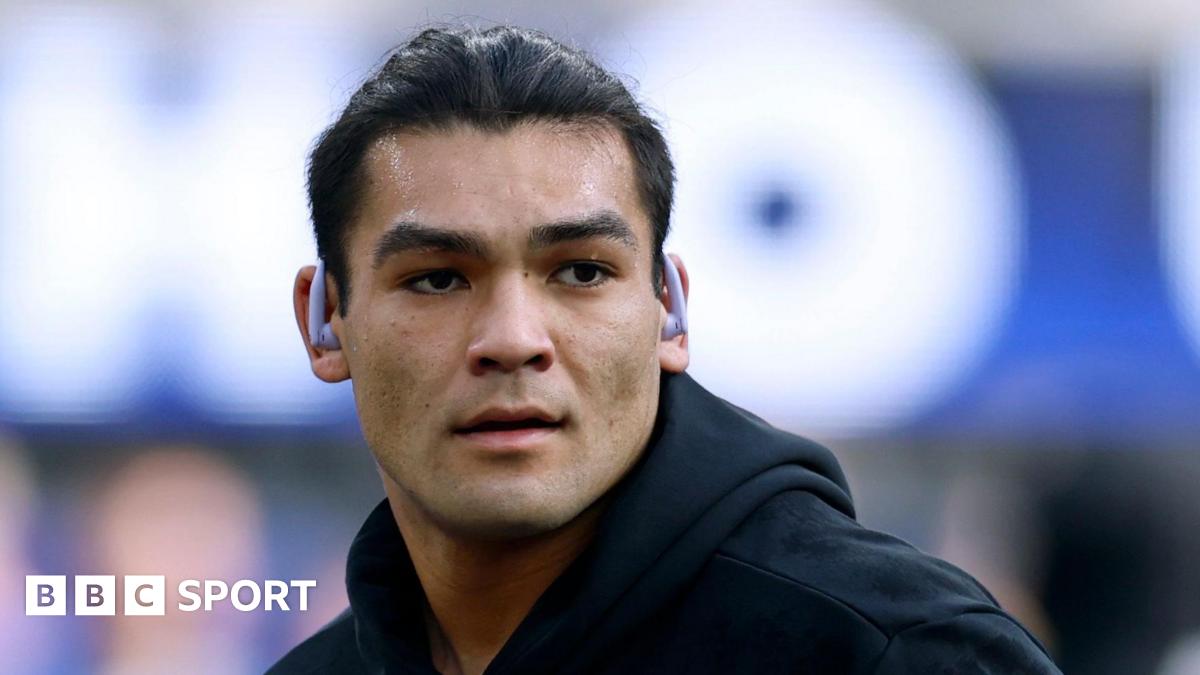This Ireland team believed. They believed that, this year, they were good enough to win the World Cup. They believed that it would be different this time. They believed that, finally, they were headed for new territory.
Ireland truly believed. That’s what made this one even harder to take. They thought it would be a night for broken ceilings, not broken hearts.
Andy Farrell said “sport can be cruel” during his post-match remarks. The rugby gods have done nothing but smile on his Ireland side over the last year, but on Saturday they decided that the story of Ireland and their inspirational captain Johnny Sexton had run its course.
Sport can indeed be cruel. It can also conjure moments that are gut-wrenchingly familiar, and Ireland have been through all this before. It is another World Cup knockout at the hands of New Zealand. It is another dream shattered. It is, somehow, another quarter-final exit.
This Ireland group’s journey effectively started as soon as they bowed out to the All Blacks four years ago. That it ends on the same stage and with the same actors involved will only add to Irish misery.
Four years ago in Japan, Irish fans dreaded the quarter-final against the All Blacks. Ireland had not been firing on all cylinders in the latter stages of Joe Schmidt’s reign. The feeling among those who closely followed was that New Zealand would have too much for them. That feeling was well-placed.
Tournament exits have the power to change opinions but there is no doubt that this year felt different.
Ireland had been riding the crest of a wave for over a year. They embraced – and passed – every challenge presented to them. Farrell built an enviable squad and drilled immense, unshakeable belief into them. They were the envy of so many other teams.
As Farrell said earlier this week, Ireland had shed their inferiority complex and finally become comfortable being the best team in the world.
They showed it more often than not, too. They had steeled themselves for the do-or-die rigours of World Cup knockout rugby by treating last summer’s Test decider in Wellington as a final and this year’s Six Nations Grand Slam campaign as a knockout series.
And everything that happened before Saturday night only fuelled Irish belief. Big wins over Romania and Tonga were followed by a statement takedown of South Africa and a ruthless demolition of Scotland, the fans daring to dream that a special few weeks were on the horizon.
The story ends with tears in Paris, a city which has felt like home to them recently, but New Zealand deserve credit. Stung by a humbling Test series defeat on home soil to the Irish last year, the All Blacks had a point to prove and they once again showed that counting them out of a World Cup is a foolish venture.
New Zealand’s opportunity for revenge came on neutral ground, or at least it was supposed to. The now familiar Irish takeover of Stade de France meant green dominated black in the stands on an electric night in the French capital.
The haka was drowned out by singing, while the Irish players received it in a figure eight formed in memory of former player and coach Anthony Foley, who passed away in a Paris hotel room a month before Ireland’s historic maiden win over the All Blacks in Chicago in 2016.
The three-time champions were rattled early and fluffed a couple of clearance kicks, but they grew into the contest and after Richie Mo’unga and Jordie Barrett penalties, Leicester Fainga’anuku’s try was a vivid illustration of their destructive powers.
With Bundee Aki brilliantly carving a route back into the game, Ireland will be disappointed that another chip over their defence allowed the exceptional Ardie Savea to dive over beside the flag.
Ireland’s response came from Jamison Gibson-Park, but when Mo’unga screamed through a gap in their defence and fed Will Jordan, memories of Tokyo came flooding back.
Ireland fall short in match that mattered most
The difference here, of course, was that Ireland did not lie down. Their accuracy and decision-making were far from perfect all night. Ian Foster’s side were dominating in the air and were ferocious at the breakdown. In previous years – like in 2019 – Ireland would have wilted but a Sexton penalty and a penalty try stirred belief that a fightback was forthcoming.
In the end, Jordie Barrett’s penalty and some heroic All Black defending through 37 phases of pressure in the dying embers of a titanic tussle consigned Ireland to more knockout torment.
In recent weeks, we have witnessed scenes of Irish ecstasy in Stade de France after big wins over South Africa and Scotland. But here, Zombie was kept off the stadium playlist as the blood drained from faces and reality set in.
Look at some of the other ages in the Irish squad – Peter O’Mahony (34), Bundee Aki (33), Tadhg Beirne (31), Jack Conan (31), Tadhg Furlong (31), Iain Henderson (31), Conor Murray (34) – and you can see why Farrell spoke about endings. Keith Earls has already retired. Others will surely follow suit.
The flip side is that in Caelan Doris, Hugo Keenan, Andrew Porter and Dan Sheehan, Ireland still have a young nucleus around which to build. But like those before them, how they carry the burden of a harrowing World Cup defeat will shape their Test careers.
Ireland will be forced to reconfigure the green juggernaut, but they will do so without Sexton. He could have called it a day in 2019, but wasn’t ready to give up on his dream just yet. His road back to the World Cup had everything, from celebrations to controversy.
Leading a series win in New Zealand was one of his finest hours, while nobody can ever take away the joy of beating England to land the Grand Slam at home. But in his mind those triumphs will always be tinged with sadness after coming up short in the match that mattered most.
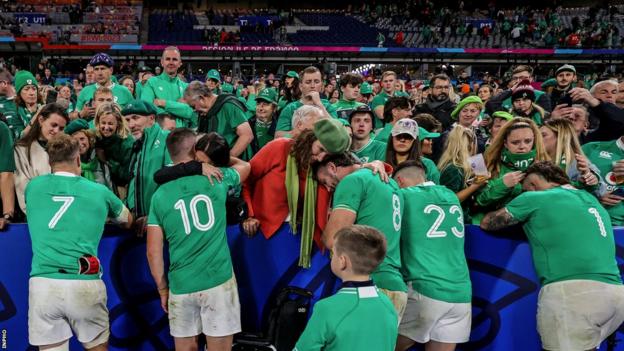
Someone has to lose. Here it was Sexton. On the other side, Sam Whitelock, an All Blacks veteran of 151 Tests who will quit rugby in New Zealand after this tournament, won a match-winning penalty to seal the game for his country.
Sexton will never win the World Cup, but Whitelock remains on course to become the first player to win his third. Some players don’t fulfil their greatest dreams, others do it more than once.
In the moments immediately after full-time, Sexton was forced to reckon with the old adage that Irish captains don’t get happy endings. Rory Best didn’t in 2019, neither did Paul O’Connell in 2015.
He just about kept his emotions in check on the pitch and in the press conference room soon after. He spoke of how these last few years were his most enjoyable in a green jersey, his voice shaking. He praised his team-mates and Farrell and the fans and then disappeared out of the room, applauded as he left.
He will be there at future World Cups, but as an Irish fan, sipping pints and watching his former team-mates try to break the quarter-final curse.
Over the next few days, though, he will reflect on a performance that didn’t quite hit the heights we expect of Ireland – that, perhaps, will be the worst part of it for him.
Never have they come to a World Cup so impeccably prepared. Never have they ridden such momentum. Never have they had such unswerving belief in a team’s ability.
They really believed this year, but the World Cup is where Irish belief turns to anguish, and this one was no different.






